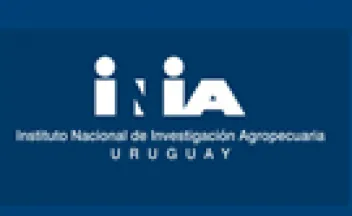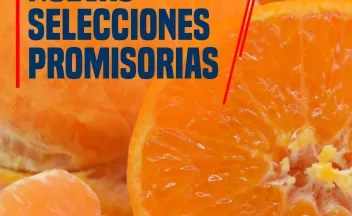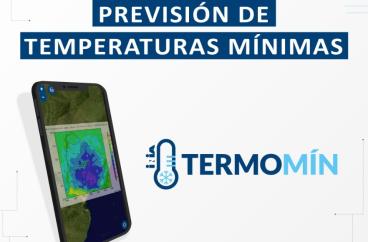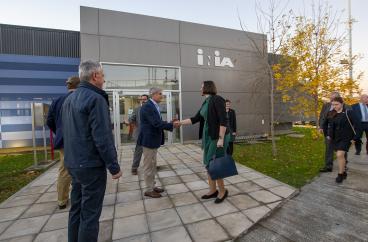Instituto Nacional de Investigación Agropecuaria
El problema de la acumulación de sodio en suelos bajo invernáculo y cómo manejarlo.

La acumulación de sales en suelo se produce por diferentes causas y puede afectar negativamente el rendimiento de los cultivos. En este artículo se aborda este problema para el caso del Na+ en condiciones de cultivo protegido y se aportan recomendaciones para prevenirlo o solucionarlo.
Análisis de la producción de plantas cítricas en el Uruguay: el rol del Programa Nacional de Saneamiento y Certificación de Cítricos.

Transcurridos más de 10 años de la entrada en vigencia del Estándar Específico para la Producción y Comercialización de Materiales de Propagación de Cítricos, en el presente artículo realizamos un análisis detallado de la producción de plantas a nivel de empresas viveristas.
Simposio sobre riego: Sensoramiento remoto y manejo eficiente del agua en los sistemas productivos agrícolas.

Los días 6 y 7 de marzo, se llevó a cabo en INIA La Estanzuela un simposio de riego, enfocado en las tecnologías de sensoramiento remoto como

Lunes 29.04.2024
INIA Salto Grande
Jornada de Divulgación
Lunes 29.04.2024
INIA Salto Grande
Jornada de Divulgación
Paginación
- Página anterior
- Página 13
- Siguiente página


